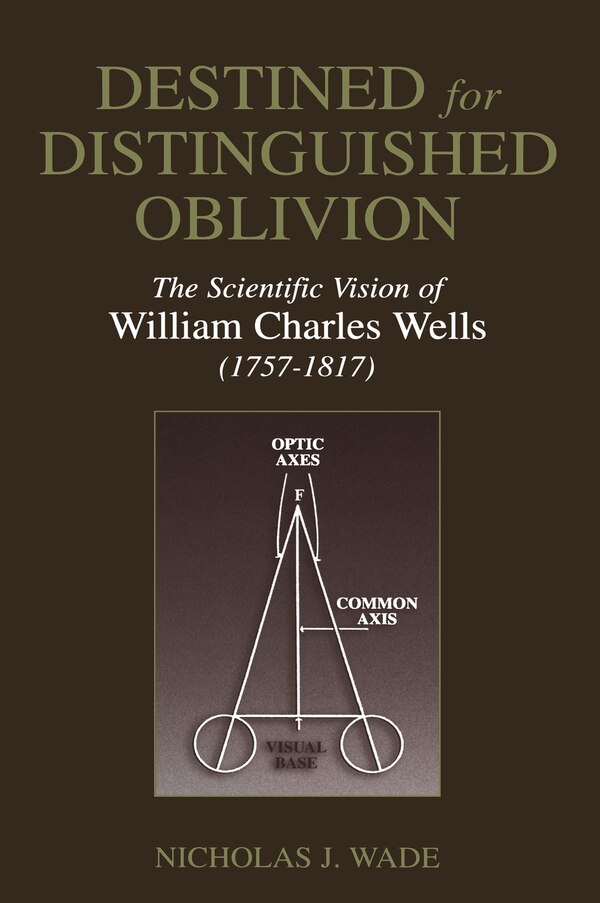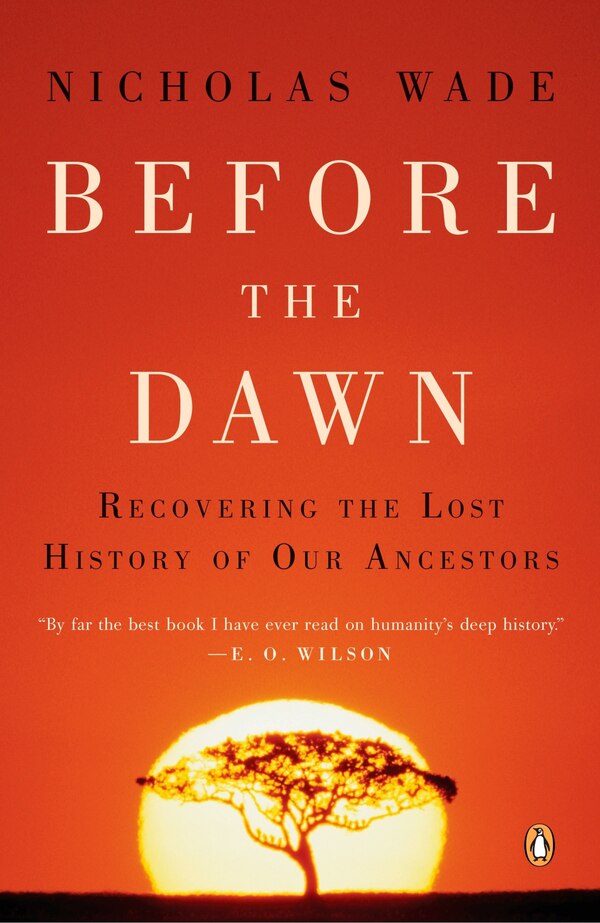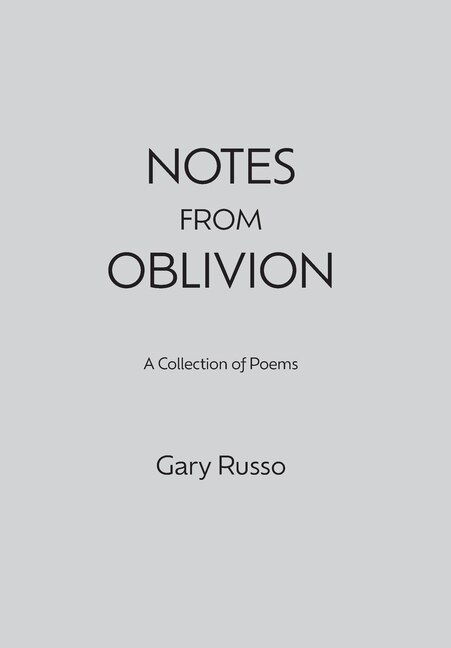
Compare Destined for Distinguished Oblivion by Nicholas J Wade, Hardcover | Indigo Chapters
Nicholas J Wade
$220.95
William Charles Wells (1757-1817) was one of the foremost, and forgotten, American scientists of the eighteenth century. He was trained in medicine and conducted experimental studies in vision and vertigo, he proposed a theory of how dew forms, and he speculated on the mechanism of natural selection. Despite the originality of his enquiries in all these areas, Wells' contributions to scientific discovery have been either neglected or ignored. Although he was born in America, Wells was educated in Scotland and practiced medicine for most of his adult life in London. His practice did not thrive, and he had ample time to conduct his experimental enquiries on a variety of natural phenomena. He was acquainted with the leading medical men of the day, and was admired by them. The emergence of experimental studies of vision can be traced to the adoption of Newtonian methods of observation and experiment, and in their application to space perception by Wells (1792). His initial researches were concerned principally with binocular vision, but he also conducted experimental studies of accommodation, acuity, eye movements, and vertigo. With regard to the last, he entered into a debate with Erasmus Darwin concerning the involvement of eye movements in vertigo. Indeed, Wells should be acknowledged as laying the foundations for modern studies of vestibular function as well as eye movements. The book reprints his Essay on single vision with two eyes (1792) and his own Memoir of his life (1818). Wells also outlined a theory of natural selection before Charles Darwin and provided an account of the formation of dew. His essay on natural selection is reprinted as an Appendix to the book. Wells' experiments and observations on natural phenomena will surprise students of science because of their modernity. | Destined for Distinguished Oblivion by Nicholas J Wade, Hardcover | Indigo Chapters















